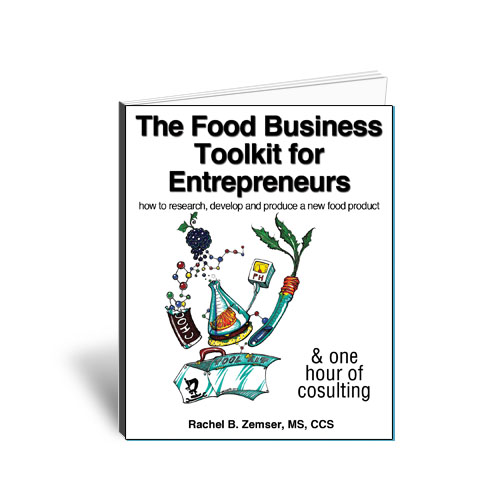Exclusive Q&A: Joe Bybel, Ventura Foods
A manufacturer perspective on foodservice collaboration

Joe Bybel, Senior Vice President, Marketing, Research & Development, Ventura Foods

Ventura Foods, Brea, Calif., manufactures a broad line of oils, dips, dressings, glazes, sauces and spreads.


Editor’s note: Prepared Foods talks with Joe Bybel, senior vice president of marketing and research & development at Ventura Foods, a Brea, Calif.-based supplier of oils, dips, dressings, glazes, sauces and more. Bybel also is IFMA’s first vice chairman and he chairs the organization’s OCM project.
Prepared Foods: Why is the timing right for this type of manufacturer-operator collaboration effort?
Joe Bybel: The groundwork has been laid for this with efforts by IFMA members during the last two years, and as we exposed the work in progress to operators, it just kept building momentum.
There seems to be a real thirst for how manufacturers and operators can partner better to grow our mutual businesses.
PF: Can you share an example of why or how it works?
Bybel: The model takes a structured approach to how both partners should think about their respective categories. Prioritizing that determines where to focus efforts for the most productive investment of time and resources on both sides.
From the customer side, which parts of my menu are most important strategically, and who are my most trusted and capable providers within the supply network? From the manufacturer side, which segments of my business show the greatest potential, which customers are most interested in a strategic relationship, and which have the highest probability of growth if I put organizational resources against them?
PF: What are OCM benefits for manufacturer suppliers? What are benefits to operators?
Bybel: The benefits are the same for both operators and suppliers. First, it’s about better addressing consumer needs – it all starts with that. If we do that, we all win.
The foundation of the whole process is determining where we can better deliver against what consumers are looking for out of their foodservice experience. How do we delight them on every visit? That can be new products, innovative promotions, different pricing models, menu optimization or other opportunities. Then, second, it’s about efficiency and ensuring that we are focusing resources where they have the greatest potential for return for both of us.
PF: You mentioned that IFMA has two years of work with OCM. Is this project still in its infancy?
Bybel: We’ve made some really good progress, so I’d like to think that we’re well beyond our infancy. However, there’s still a good bit left to do. We’re now in the middle of fleshing out a Joint Business Planning process, which starts with strong basic principles. Next, we customize it for the foodservice industry—accounting for the types of opportunities we are likely to have, and the ways in which our organizations work.
Once that is established, we’re hoping to have some manufacturers and operators pair up for some pilot projects. That will allow us to put the model into action, prove it out with some real live results and learn even more to refine it going forward.
Looking for a reprint of this article?
From high-res PDFs to custom plaques, order your copy today!








